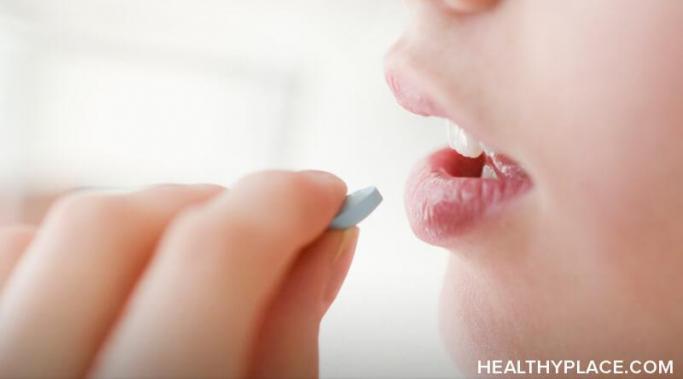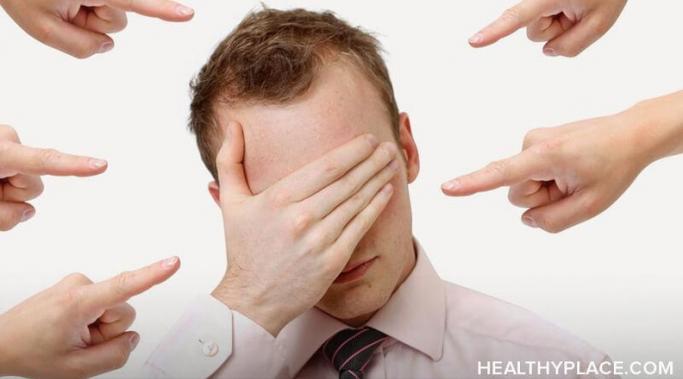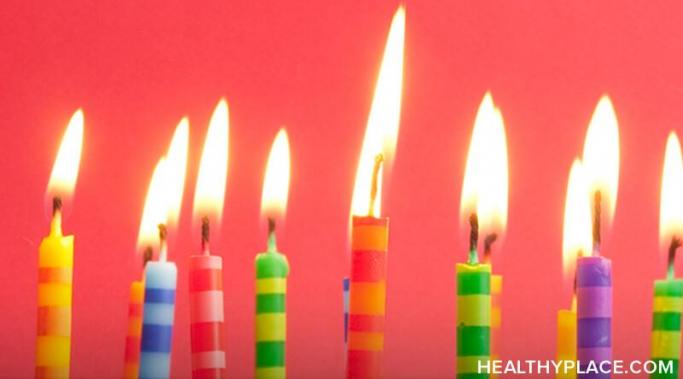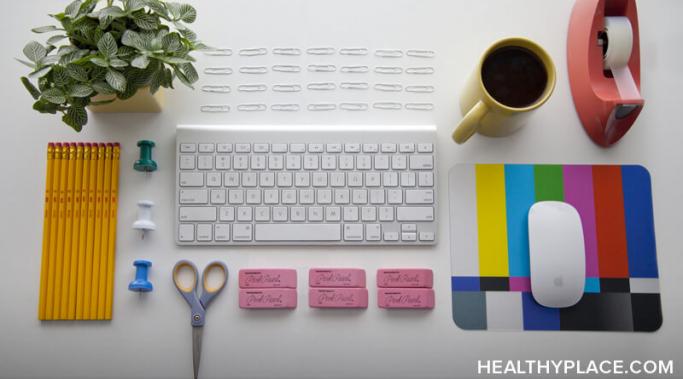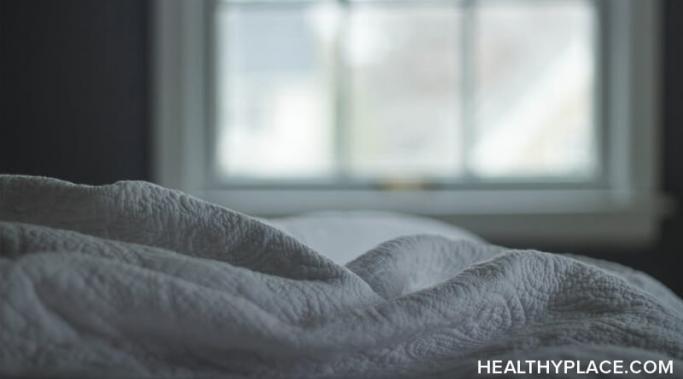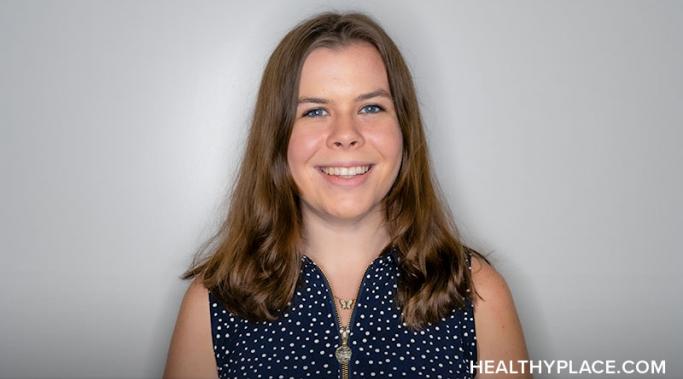Blogs
Many times during treatment, you may have to consider whether to change your bipolar medication. This is a complicated question and a personal one. The answer varies from person to person. If you're considering changing your bipolar medication, here are some things to think about.
Gambling addiction is a battle fought largely in silence, but recovery support groups can change that. The shame and stigma associated with the addiction make it hard for most to open up about their struggles, making recovery even more difficult. One of the tools that has been truly helpful in my journey is participating in recovery support groups.
There are a few effects of my husband's attention-deficit/hyperactivity disorder (ADHD) that make my anxiety skyrocket. Still, we have found ways to navigate these issues and come out on top. Some of his symptoms that have come to be the most relationship-building are brainfarts and ADHD paralysis. A spouse with ADHD can cause anxiety, but it doesn't have to.
A verbal abuse healing journey can be a struggle for many individuals. Moving away from an abusive relationship takes time and effort. Often, a person who has suffered verbal abuse may react negatively to situations even when knowing the proper tools and strategies to use. A person's healing journey will not be a straight and narrow path. Instead, there will be times of ups and downs with unexpected curves. The struggle of a healing journey away from verbal abuse is worth it, though.
I turned 33 last week, and this occasion has me reflecting on how birthdays feel like milestones in eating disorder recovery. There was a time when I could not even fathom experiencing my 30s—I assumed that my life would be cut short by anorexia, and I was at peace with that. I had no interest in thinking about hopes for the future. I just wanted to shrink myself down as much as I could in the present. But now, birthdays feel like eating disorder milestones.
Keeping my home as my clean space helps clear my mind and reduce anxious thoughts. I can't think straight when my surroundings are cluttered, and my mind feels bogged down by the mess. A structured cleaning routine encourages me to keep my space organized, which helps me focus during working hours and leisure time. Here's how having a clean space helps my anxiety.
Masking borderline personality disorder (BPD) is a high-wire act, teetering between societal acceptance and personal exhaustion. It's an everyday performance where I suppress traits that might draw judgment, becoming a chameleon to blend into what's deemed acceptable. Borderline personality disorder masking is draining, leaving me feeling like I've been hit by a truck by the time I get home. The car ride home is a solitary purge of pent-up frustration and angst.
Dealing with binge eating disorder has been challenging for me, but I found that organizing my fridge to promote healthier eating habits has been effective. By carefully arranging my food, I've reduced my temptation to binge and supported more mindful eating. In short, an organized fridge helps quell my binge eating disorder.
I recently started wondering if self-compassion can help with bipolar disorder. This is because I'm in a dialectical behavior therapy (DBT) group, and people there seem crazy about it. It's also something I tend not to show myself. I have my reasons for being that way, but I'm reconsidering whether self-compassion can help with bipolar disorder.
My name is Kelly Waters, the new author of "Bipolar Vida," and I live with bipolar disorder type 1, attention-deficit/hyperactivity disorder (ADHD), and autism. I am a creative, free-spirited person with a passion for sharing my mental health story, working to erase stigma, and making others feel less alone with their mental health struggles. I am excited to bring my experiences to "Bipolar Vida" and the HealthyPlace platform.
